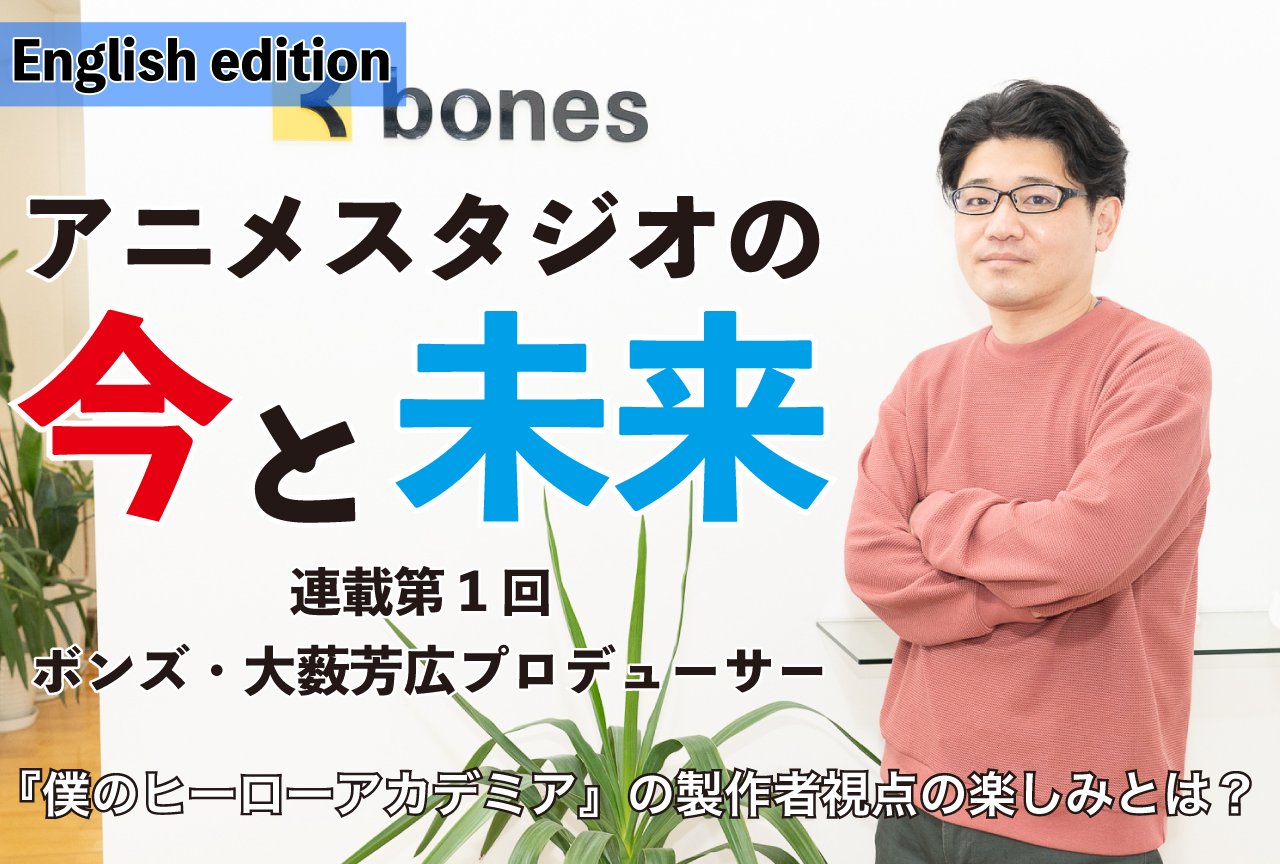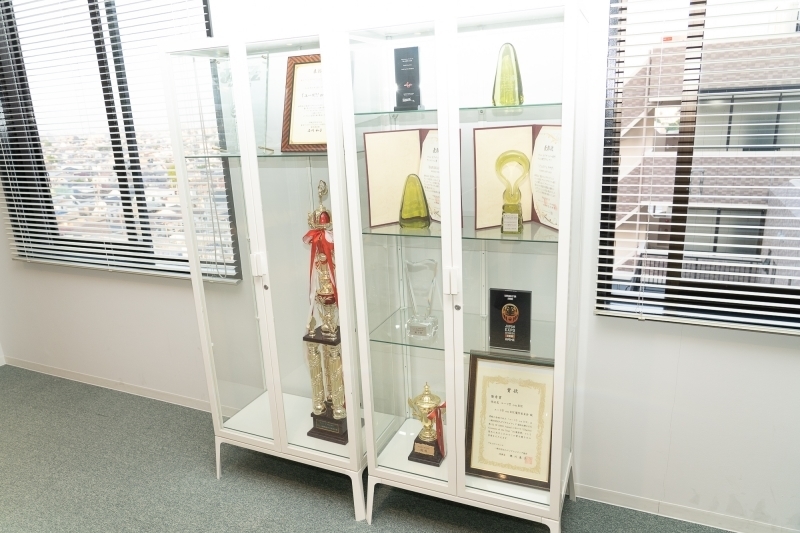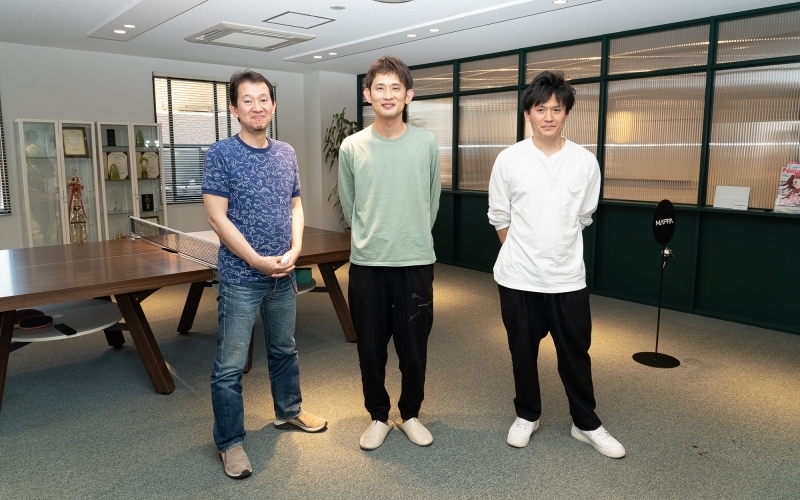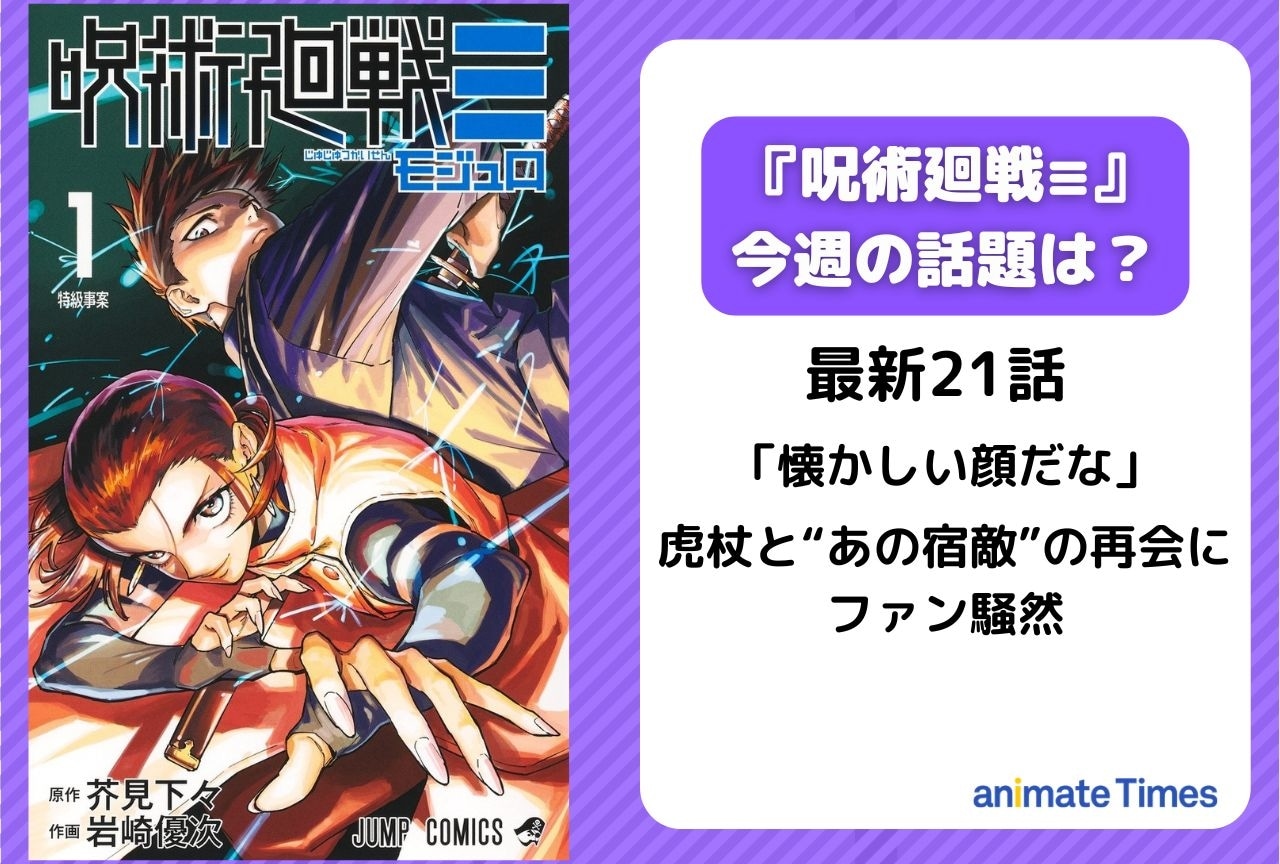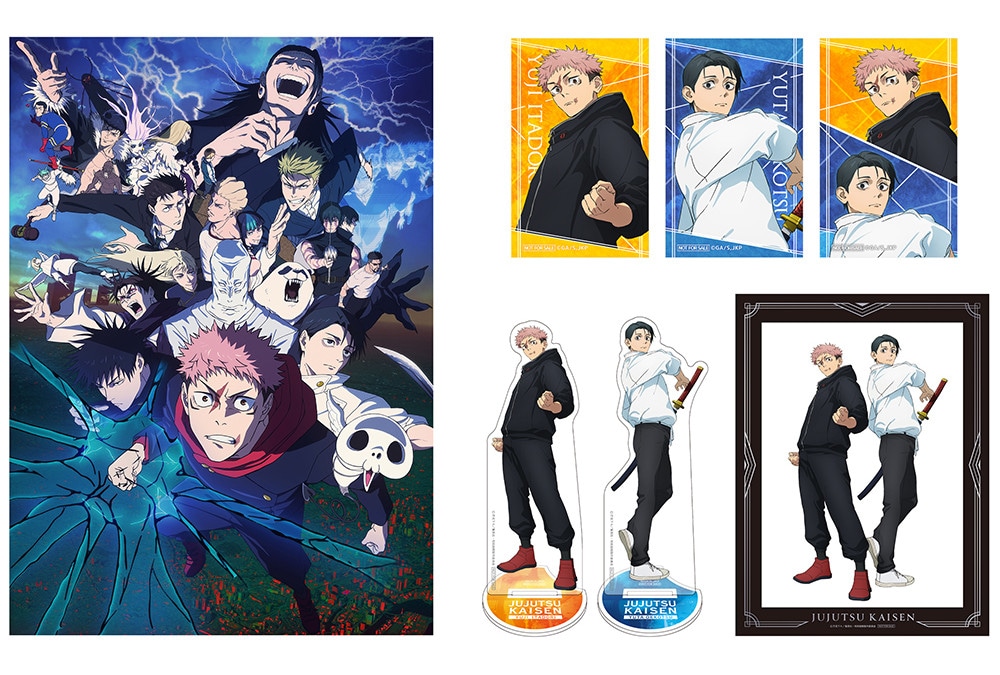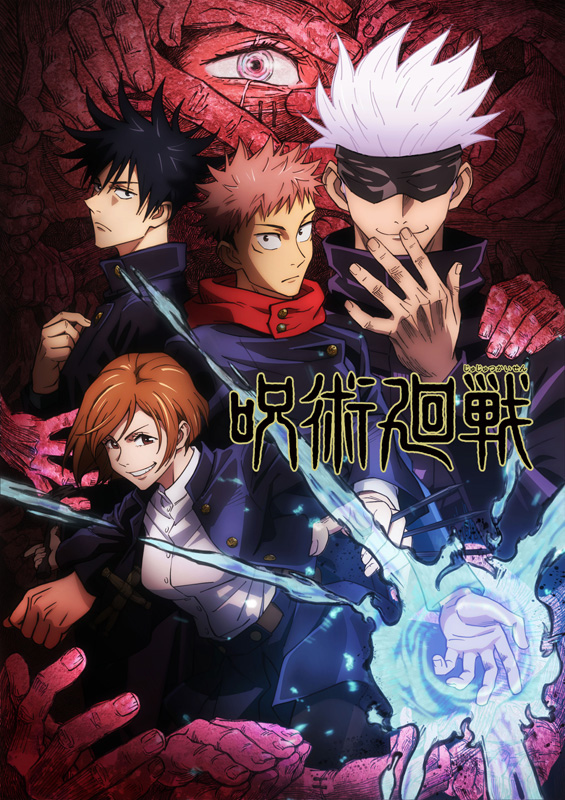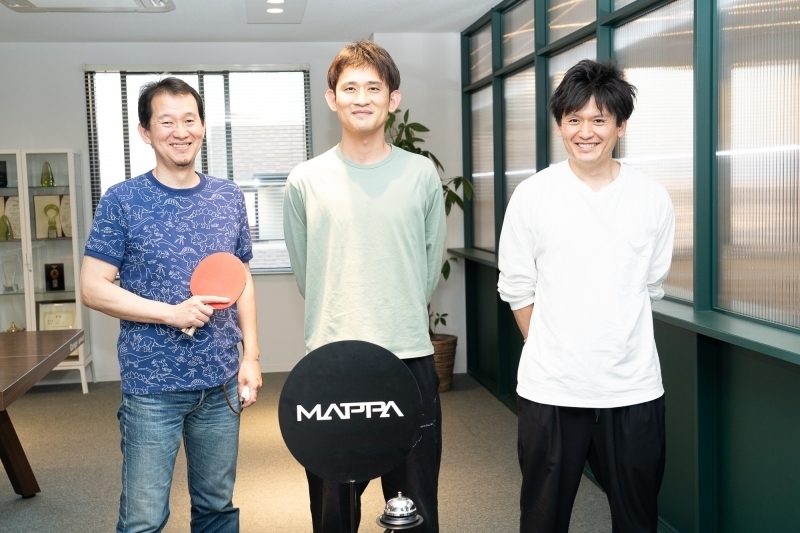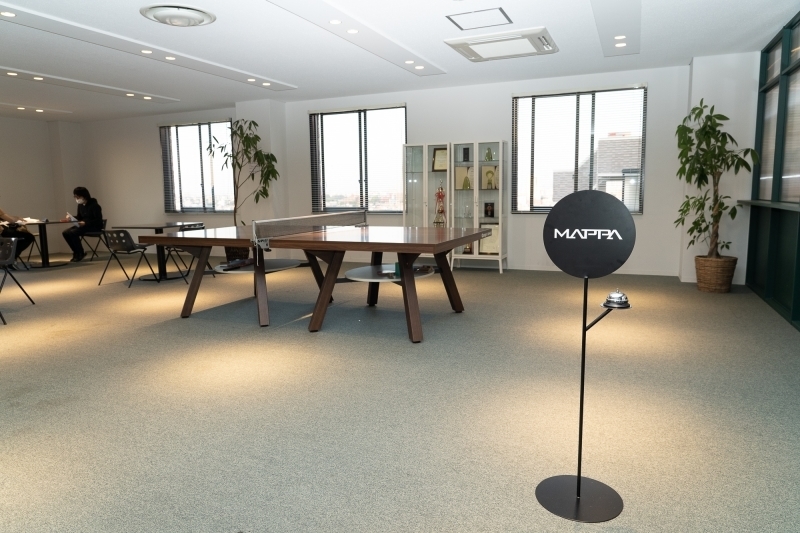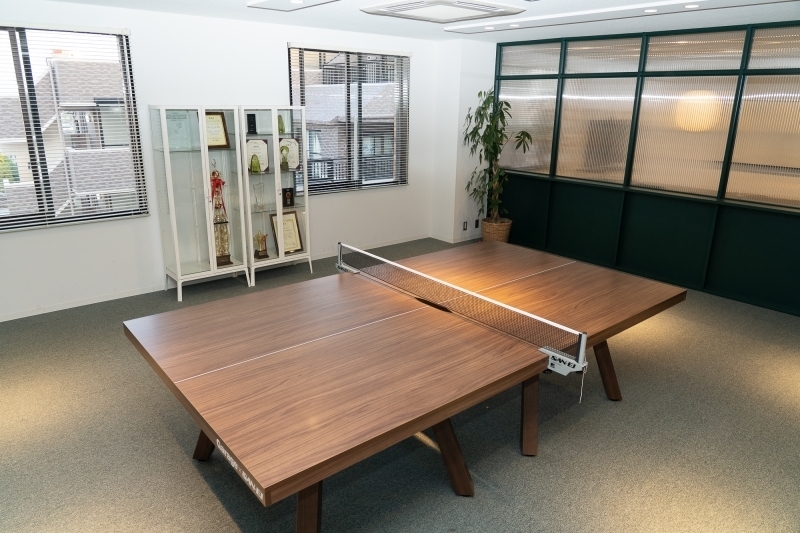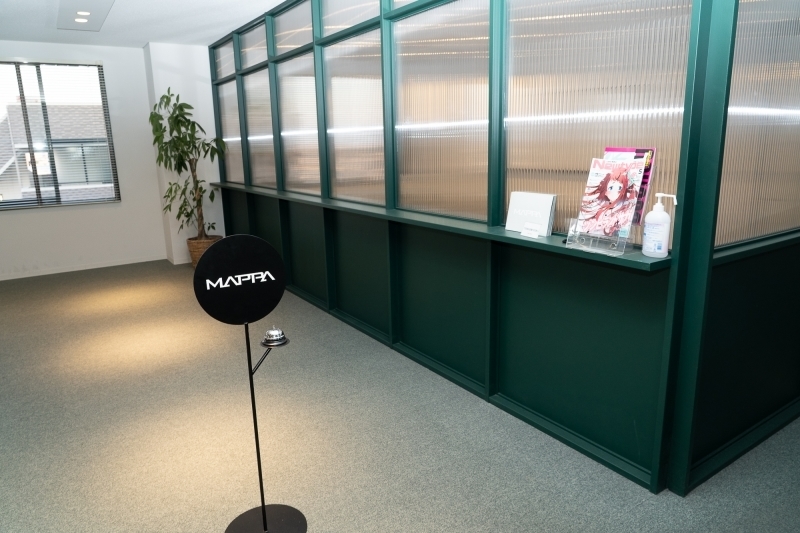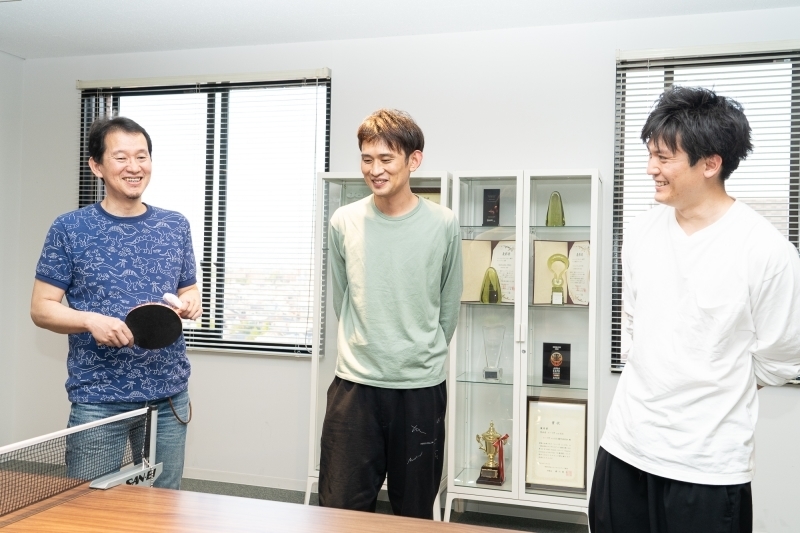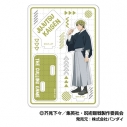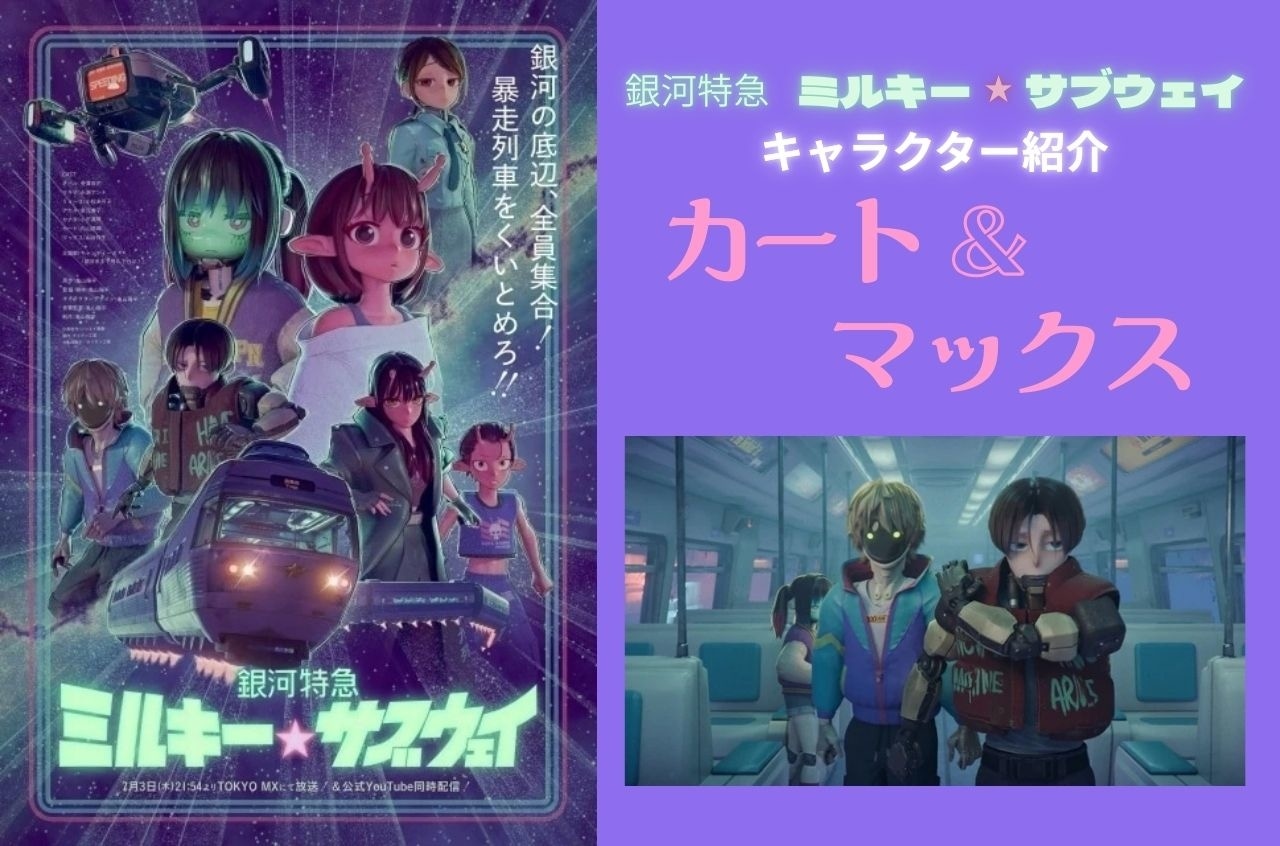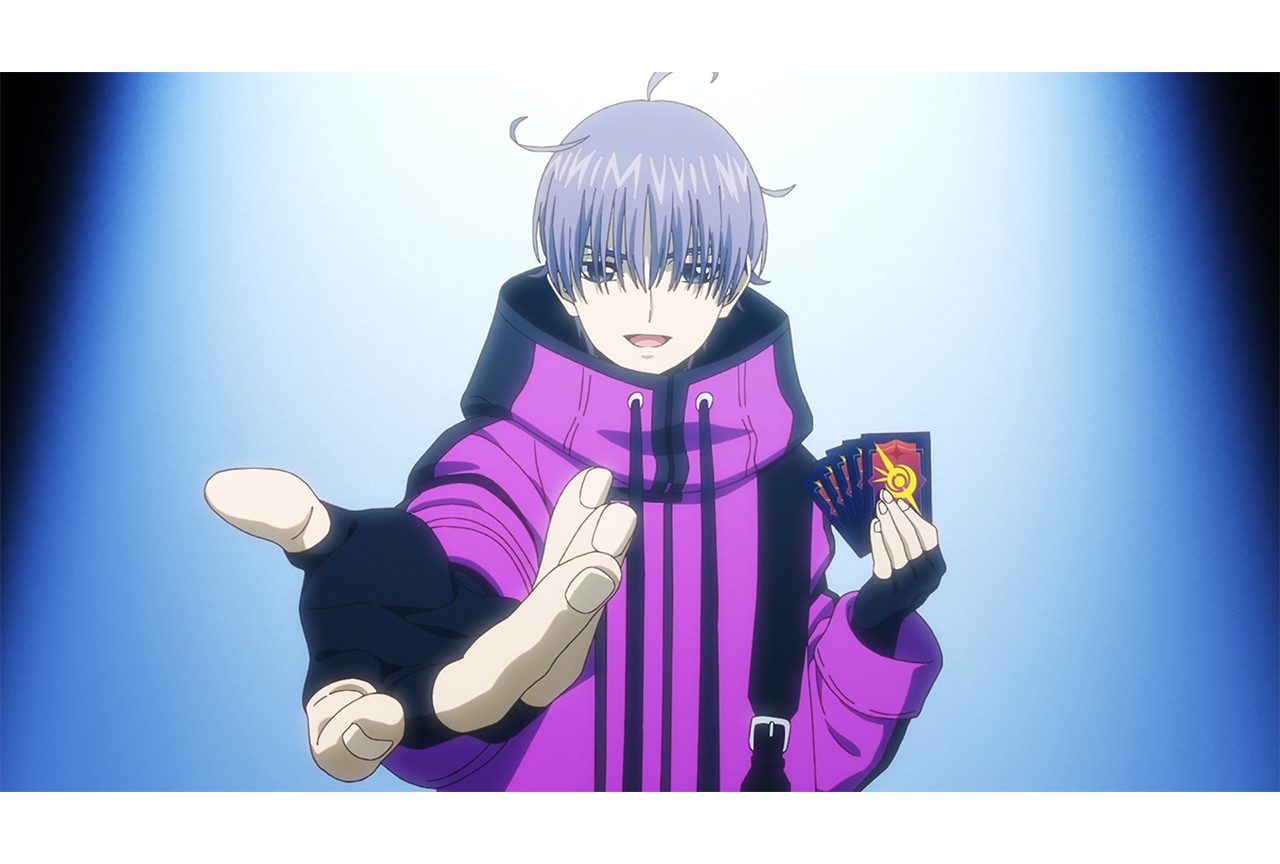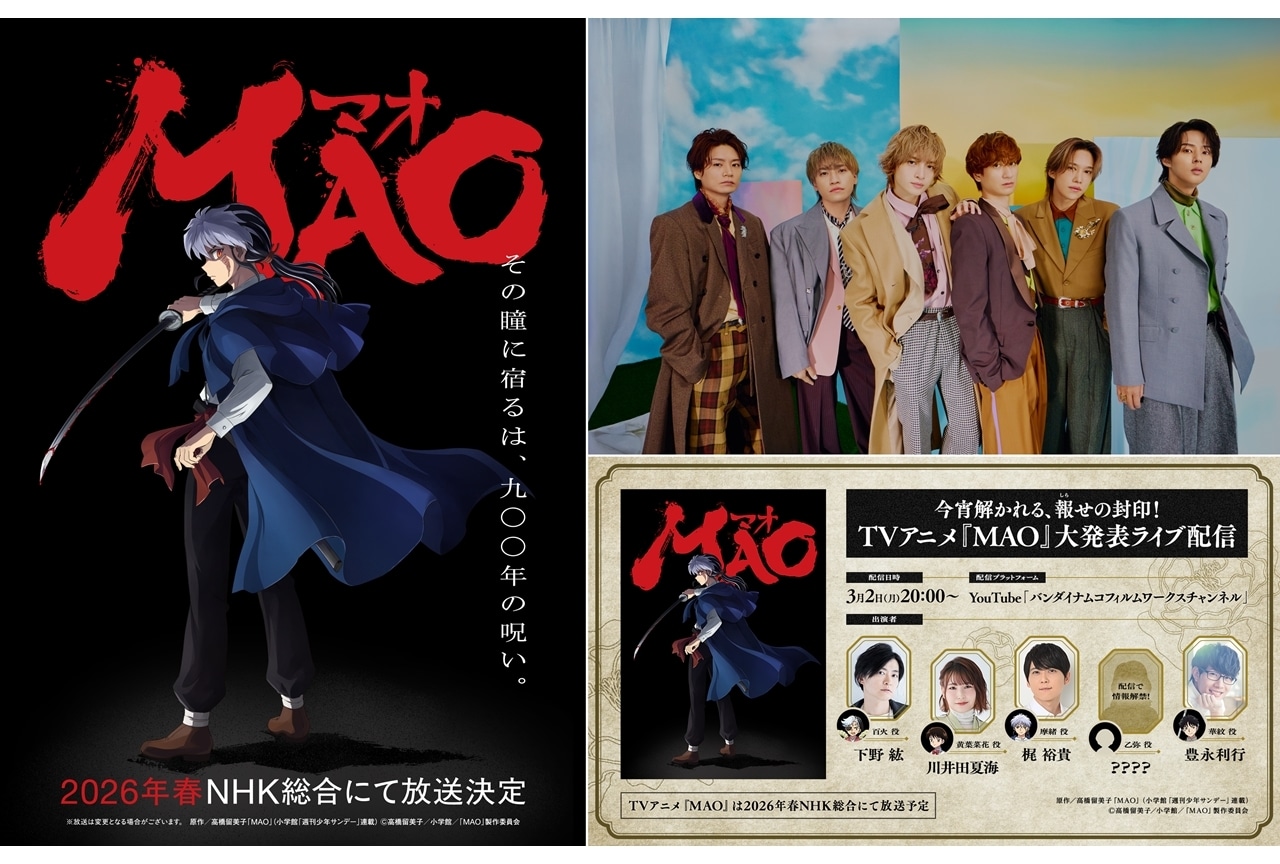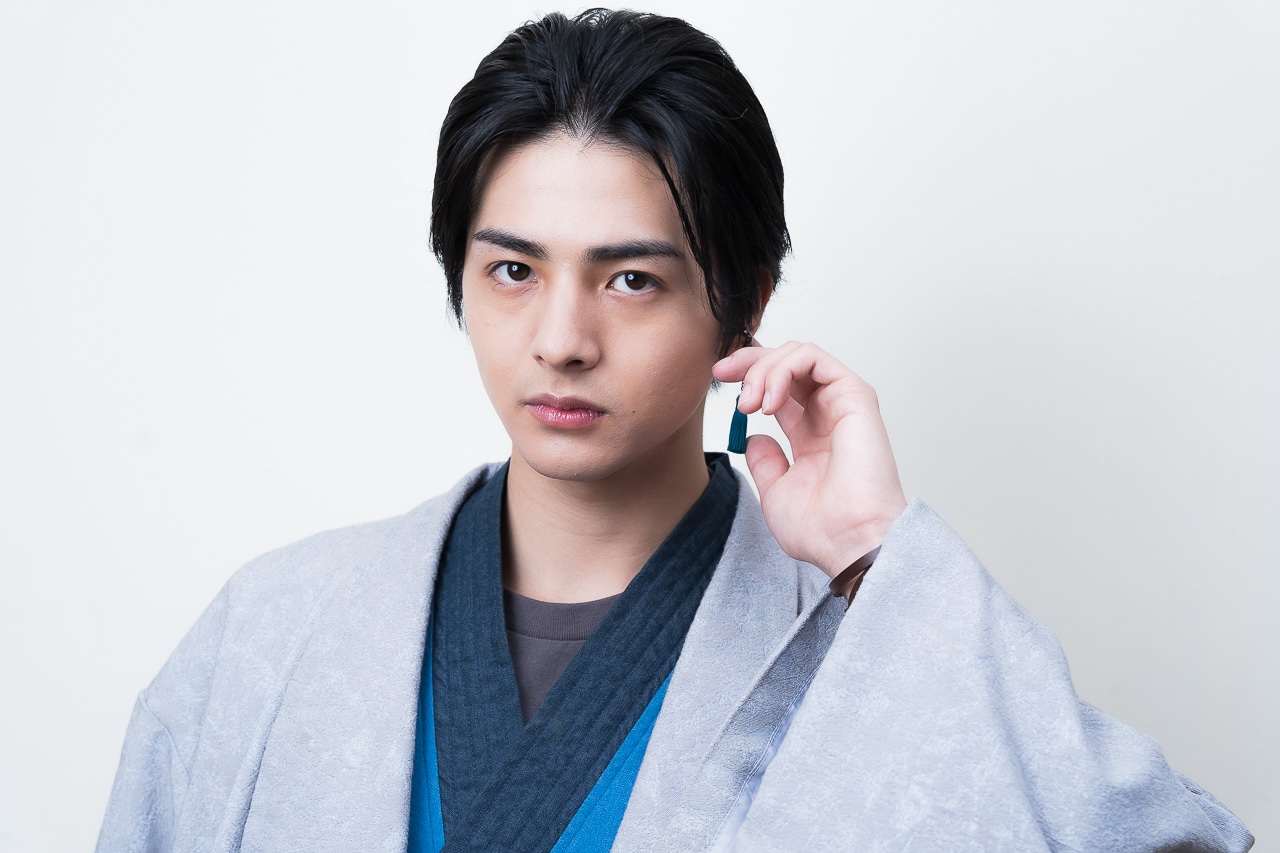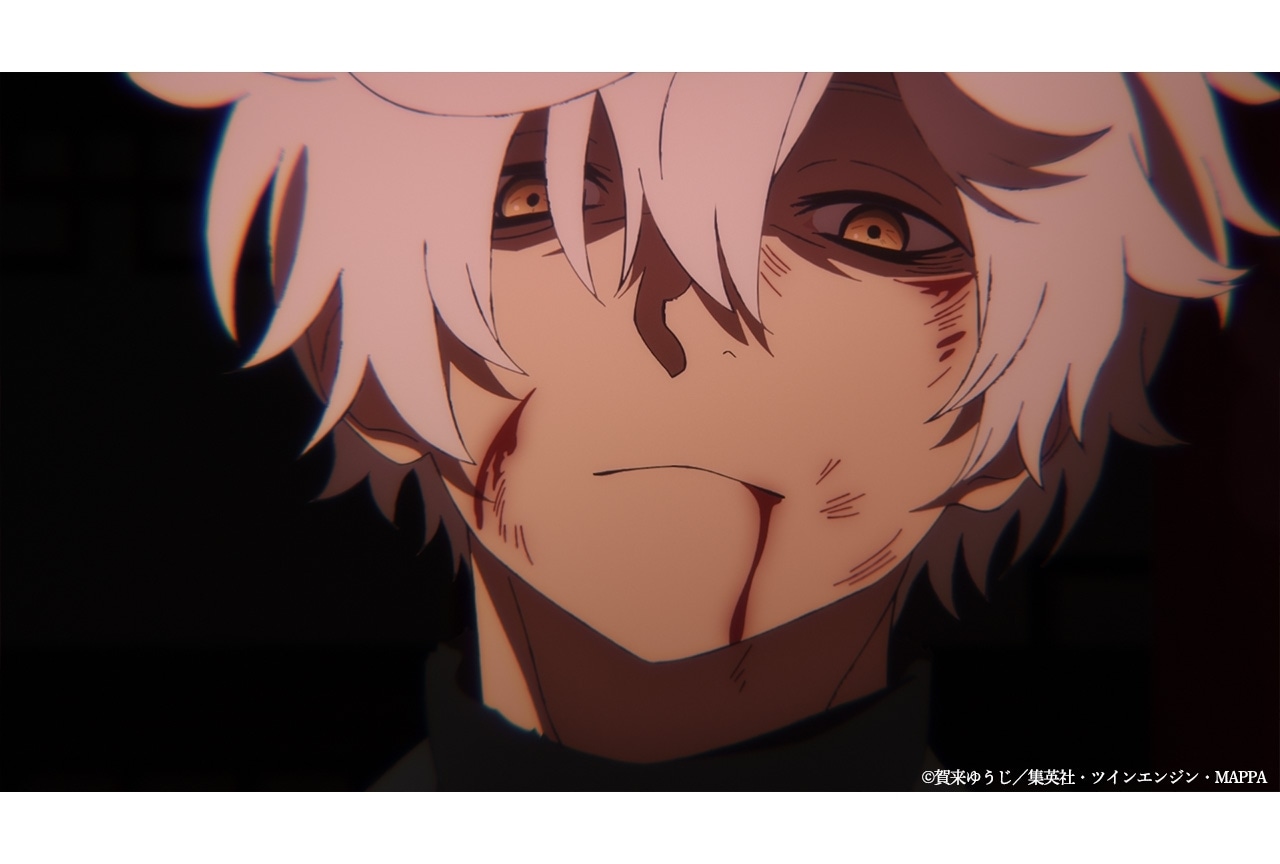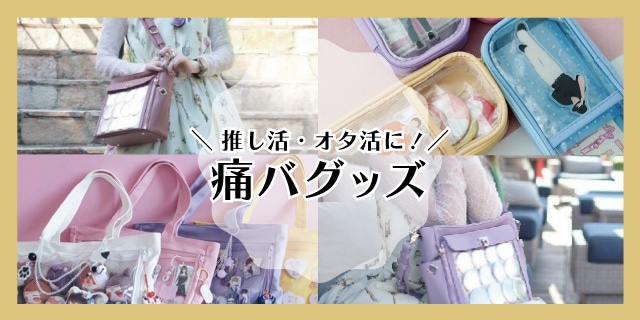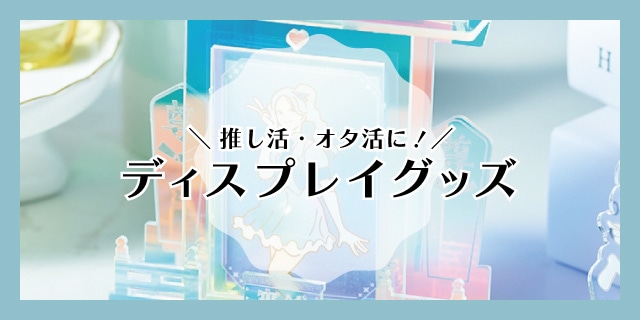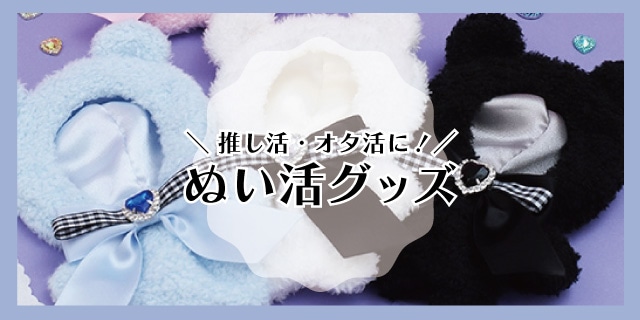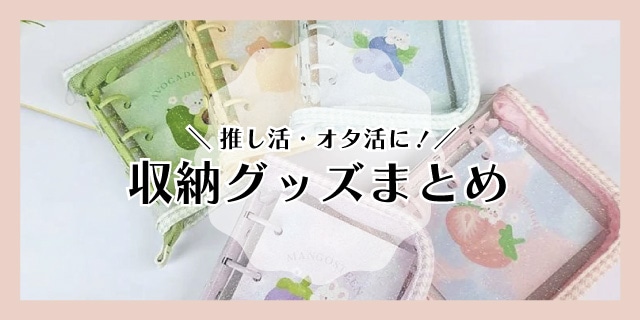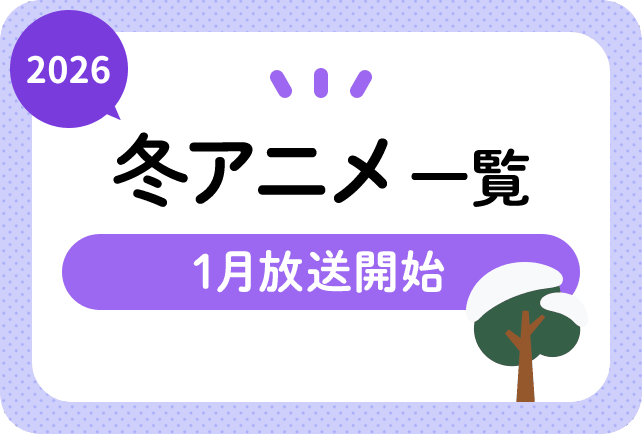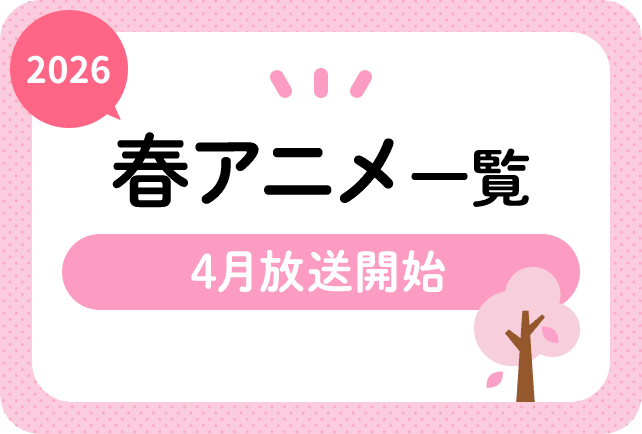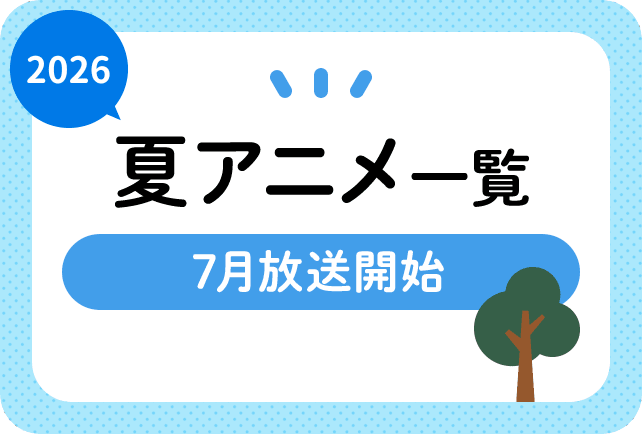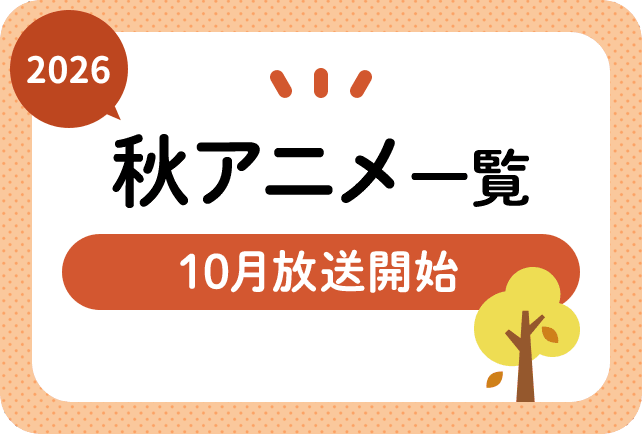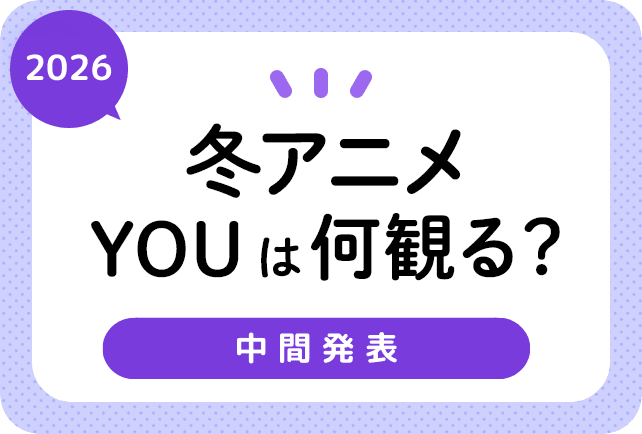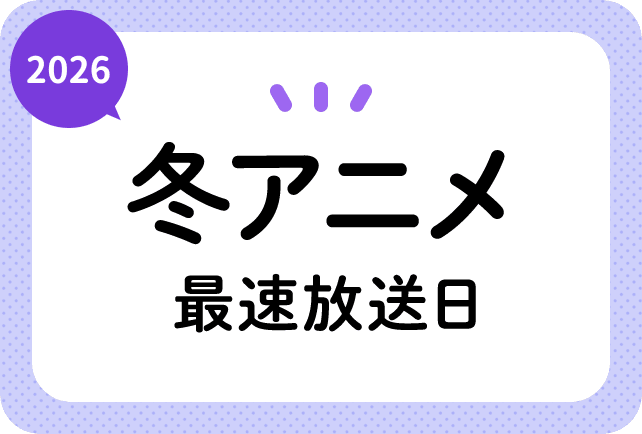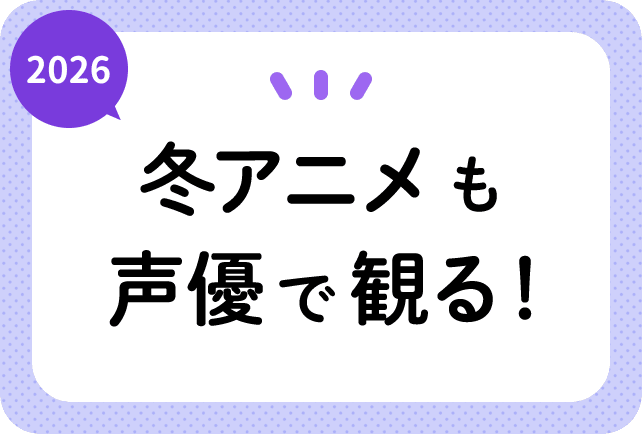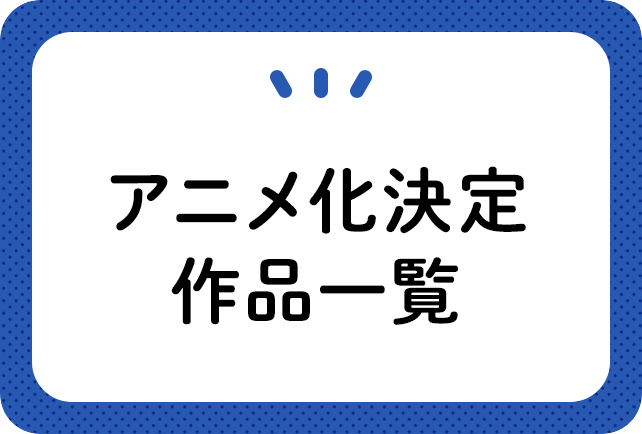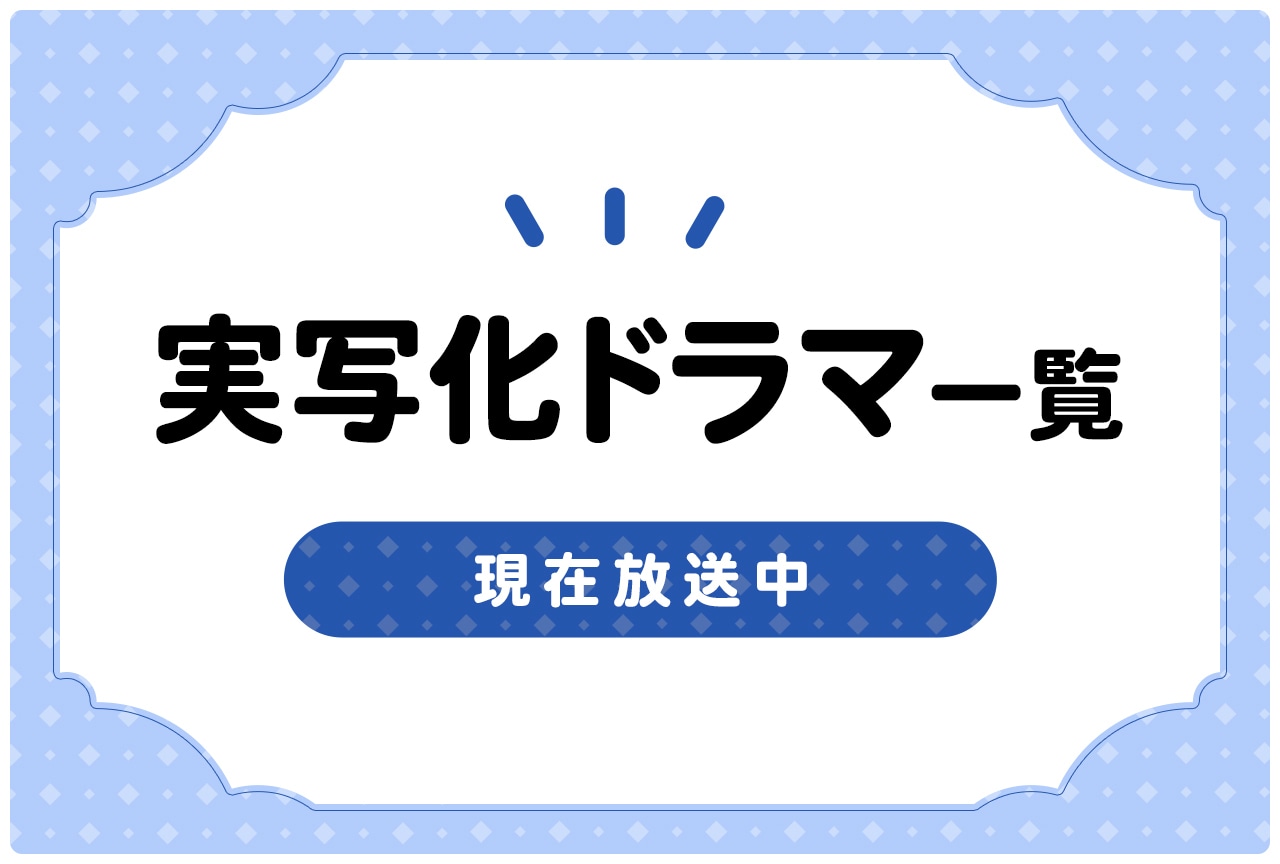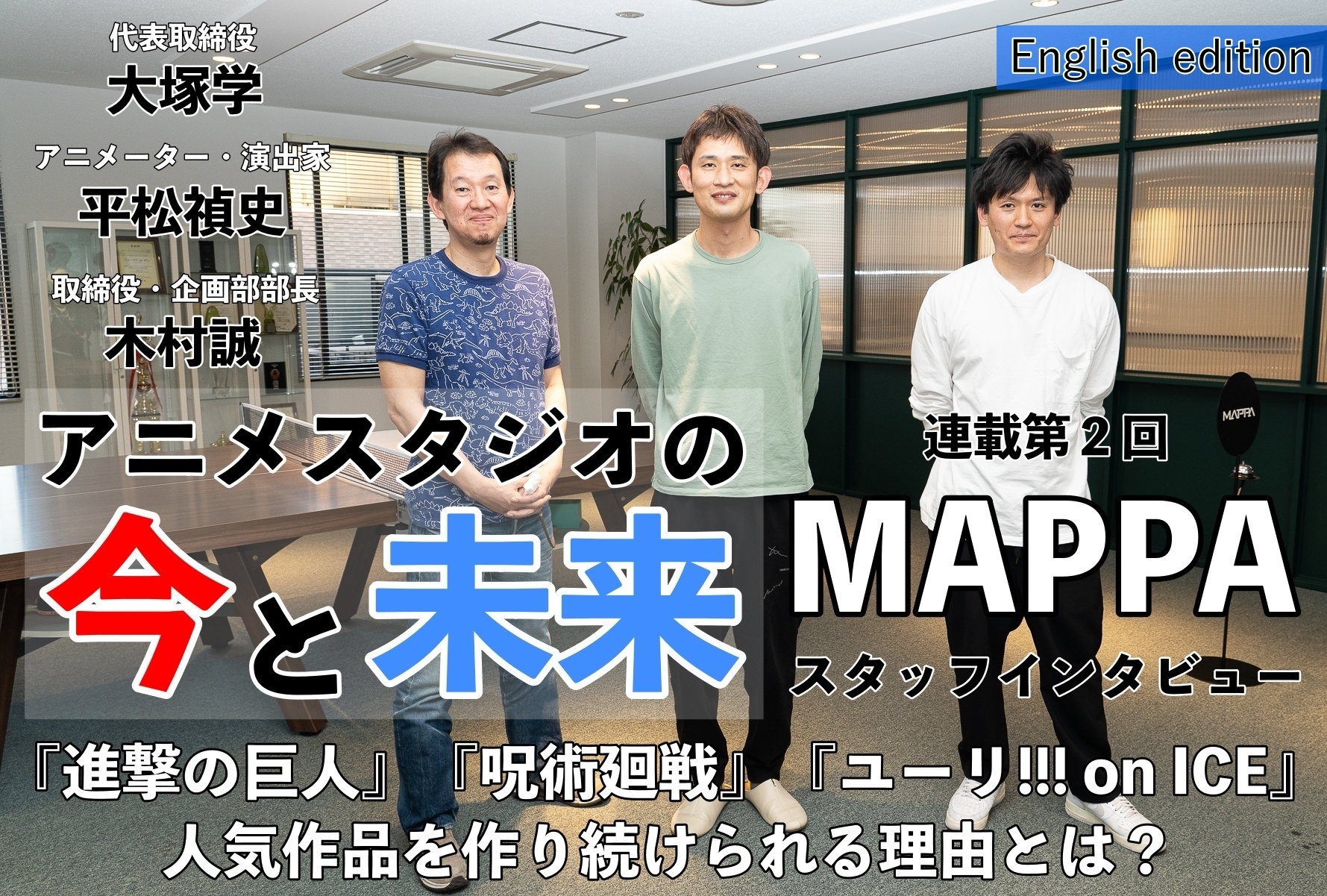
The Present and Future of Anime Studios (Part 2) Interview with MAPPA’s Staff on Making Hit Anime
Making Anime Under Pressure
ーーWe will be translating this interview so it reaches audiences overseas. So I want to ask, what does MAPPA keep in mind when aiming to bring their work overseas?
Otsuka:I’ve talked about what we should keep in mind when creating before, but overseas audiences and Japanese audiences enjoy the same things. In terms of business, the overseas market has become huge in recent years, and when we decided to add staff from overseas, we hired them just as we would hire Japanese staff. We have an environment where people from many different countries are making Japanese anime at MAPPA.
MAPPA now has a network of animators throughout the world, which is something we’ve been able to establish pretty quickly. Actually, we’ve been able to utilize our international staff’s language skills through translation as well.
Kimura:When we would sell our programs overseas long ago, we would have to go in-person to have discussions, but now we can smoothly do everything through video calls. We can still be in Japan and directly exchange opinions.
We can quickly and directly hear the voices of overseas fans and meet their business needs, so I’m hoping for the day we can jump in and do something with that.
For example, the COVID-19 situation has made things more complicated, not only with selling programs overseas. So, I want to think of a new way that people can enjoy our events and products.
Hiramatsu:When I was brought to an event overseas, I thought, "I wonder what it is that overseas fans want from Japanese anime?"
I thought they wanted Japanese animation because it was different from American or European animation, so if we made something that matched the massive demands of the American or Chinese market, then Japanese animation would be over.
We can only create what we do in Japan, so we don't need to consider what overseas audiences think. Of all the people who think our work is interesting, if someone notices that "This is something that the Japanese studio MAPPA did," then that's enough for me. We only make what we want to, and if people want what we make, then I think that's great.
Kimura:Of our past works, The God of High School was requested by an overseas company, and Mr Love: Queen's Choice was based on a Chinese game. In addition, our (at the time) upcoming work, Yasuke (currently airing on Netflix), employed a foreign director and was made by a Japanese production team, so there are a variety of ways to create.
Otsuka:What they want is "Japanese anime," right? The American director said so.
Hiramatsu:It’s just like when Toei’s old monster movies went Hollywood. Even if you enjoy that kind of style, the old fans will say, "that's not it" (laughs). In the case of Godzilla, Hideaki Anno (of Evangelion fame) made a pure Japanese-style Godzilla film, and I think that we must do the same. Works are going to keep on being remade, after all.
Of course, we want what we make to garner acclaim. Overseas audiences are free to interpret our work and enjoy it as they like, but I think we have to set a standard.
ーーWhat is MAPPA’s policy or a part of the company culture that you want to protect?
Otsuka:That would be taking on "challenges." Of course, we need to have staff that focuses on doing reliable work. However, we can't lose sight of what makes our projects interesting for the audience. For example, even if we have a specific type of anime that is a hit, we definitely won’t make another series that is just like it. We want to support people who are thinking about what the next generation is looking for.
If I ever stop thinking like this, then we need to switch out the company president. If I ever start to get defensive or act like I'm such a good person, then we must choose a younger president. That's what I've decided.
Hiramatsu:I don't work with the studio at the forefront of my mind. Even going forward, I want to put everything I have into each and every work. I said this earlier, but just smoothly repeating the process isn't good – we need to try and constantly incorporate new methods of expression.
I have a lot of experience, so there was a time I watched some of my old works on a whim, and I thought that they were pretty good. However, I wanted to see if I could do better. There were things that I could only do while I was young, but I've reflected on various things, and I think that I can do things differently now and that I can focus on other areas.
Kimura:Even in terms of the content of the work, I want to keep on exploring new things. There are many things that production has not been able to achieve yet.
On June 27, 2021, there was an event called MAPPA STAGE 2021 -10th Anniversary-, which the producers were in charge of – something that doesn’t happen often. Doing Twitter promotion and the event itself was one thing, but producers themselves were able to put everything together and deliver the finished product. I want to try and proactively approach this kind of project from now on.
ーーI’m sure your policies are part of the reason, but I often hear fans saying that MAPPA’s works are good. Leaving the fact that the works are animated aside, can you tell us the secret?
Otsuka:Hiramatsu-san said that what makes talented creators persevere is the strong will to produce their work in the best way possible.
On the other hand, in terms of group formation, we can still improve on making better animation. Actually, this is one of our explicit goals. If only one of the production lines is good, then that's not enough since the viewers don't know which line did what.
My goal is that all of the production lines are able to deliver high-quality work. I personally feel that we are still behind ufotable and Kyoto Animation, so we need to focus on improving our quality. Of course, each creator has confidence that they can make a beautiful picture…
ーーSo you’re saying that you want to have a higher baseline for quality?
Otsuka:That is correct. Companies need to build up to having truly “powerful” quality. We can’t just leave everything to Hiramatsu-san, so we have a clear task in mind that I think we can meet. We’re now at the stage of doing everything we can to improve.
Hiramatsu:Speaking about individual series, no matter what, episodes 1, 2, and 3 are produced before the series’ first broadcast - for a head start and because they take more time - but with a one-cour series being 13 episodes and a two-cour series being 26 episodes, the quality begins to decline. Even with the decline, we keep pushing forward to our goal, which is a bit different for the animators and the director/producers.
As the character designer and animation director, I will definitely be involved with episode 1, and work on the storyboard with everyone if I can. That means that the quality of episode 1 will be higher, so we’ve raised the bar for the following episodes. If episode 1 were made in the middle of production, then the quality would be low, and there would be complaints, so we can’t do that with the first episode. Sorry to make the presumption that the quality will be lower in the middle, but that inevitably ends up happening, so we should have higher quality at the start.
Also, I wonder what the viewers hold as the standard for "nice animation." I'm very curious about that (laughs). I think there's a gap between what we think and what the fans think.
Otsuka:There is a huge gap.
Hiramatsu:The images from the original work are available, and some think that adjusting the images as much as they can is good, and some don't think so. There are many different viewpoints, but if fans feel that MAPPA works have "good animation," I'm thankful. However, what we consider "good animation" is not the same as the fans, so I feel like we need to express our difference of opinion.
Kimura:I would be grateful if they charitably looked at our work and noticed that it's more complex than they thought (laughs).
Hiramatsu:Some fans say that they don’t want any images from the original manga changed. It may seem like taking art from the original work would lend itself to high quality, but I personally think that it’s better to adjust the original.
It depends on the subject, but it may be better to consider animation as just a single method of expression. Then, people can improve how they interpret animation, and we can improve as well.
ーーDoes MAPPA have anything similar to a future goal?
Otsuka:It’s been almost ten years since we've been founded, so I recently realized that we did indeed move really fast. We just talked about how we've been "attacking rather than defending," which is pretty crazy. It's not as if we've decided that we're going into defense mode, but we want to keep growing as an animation studio, so I’ve recently been feeling like we need to consider where we place our attention.
We have the ability to make anime, so we need to decide what we do carefully. We can’t focus on what other companies are doing, but we’ve been making that kind of turn.
There has been a lot of attention directed at the anime industry these days, so I wonder if that can become one of our strengths? I think we will find out the answer soon.
It was trendy to self-praise and say things like "Japanese anime is amazing," and "We're amazing because we make Japanese anime," but that's cooled down now. What I mean, though, is that I still have high expectations. We can't wait for someone to change us; we have to use our power to make Japanese animation greater than ever.
Hiramatsu:MAPPA now has expectations on us the same as people going from their twenties to thirties. You’re young in your twenties, but things change in your thirties. Each of our works has something unique to it, and each team has a different strength, so we are aiming to be a company that can deliver those strengths to viewers.
ーー Last question – what is a challenge each one of you wants to take on at MAPPA?
Kimura: MAPPA has a lot of different works made by many various creators. I create the teams so the creators can work, so I’d like to continue putting my efforts into that. The result is that we can create anime that fans around the world like, and I’m happy if they can enjoy it.
Hiramatsu:I want to try directing. I’ve directed a short film, but not a long-form work yet, so I want to try that.
Otsuka:I’ve done a lot of things, and I’ve helped many people improve their potential, but I want to put more effort into doing that. I want to help people who work in the anime industry improve. Anime is created as a team, so if we can be a company that helps people in the industry grow, then I think that is an excellent result.
Interviewer – Haruka Ishibashi, Photographer - MoA
MAPPA公式サイト
MAPPA公式Twitter
MAPPA公式YouTubeチャンネル
Previous “The Present and Future of Anime Studios” Articles
□Bones’ Yoshihiro Oyabu on Producing My Hero Academia|The Present and Future of Anime Studios (Part 1)